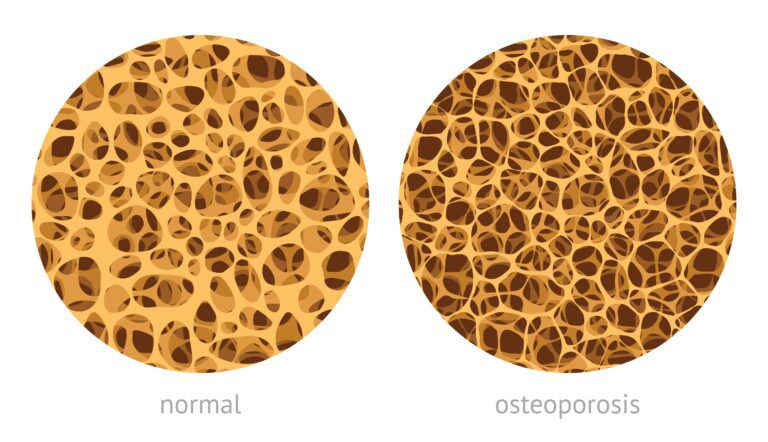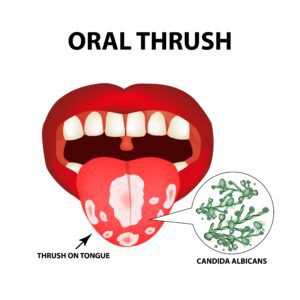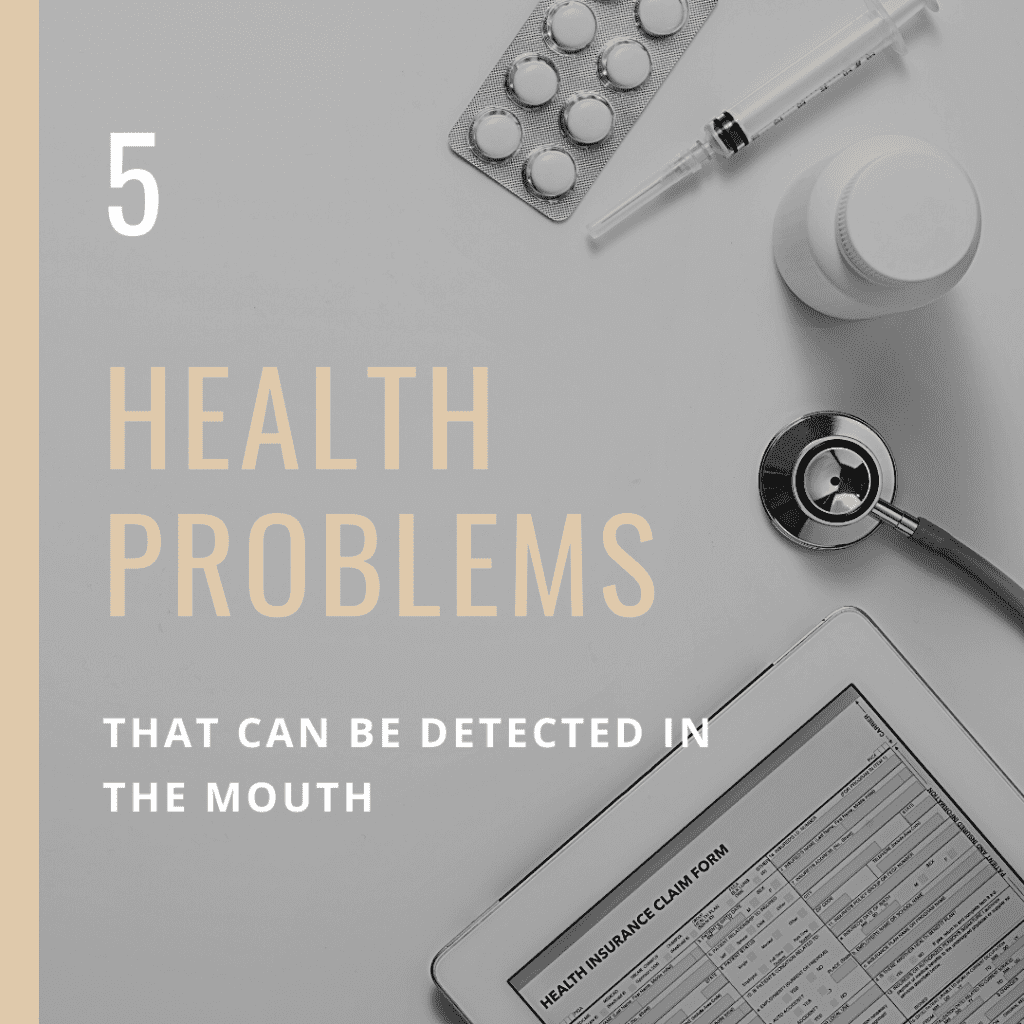Did you know that your dentist sees more than just your teeth and gums when they look in your mouth? For starters, your dentist can see how well you brush and whether or not you really floss everyday. However, your dentist can even see things that could indicate a problem with your overall health. This is because certain health problems can produce oral health problems or side effects. In fact, here are five health problems that your dentist can detect in the mouth:
Eating Disorders
One common behavior associated with eating disorders is purging, or vomiting after eating. This generally means that people with eating disorders vomit more often than normal. As a result, their teeth are constantly exposed to stomach acid, which is highly corrosive. Stomach acid dissolves tooth enamel, especially on the back side of the front teeth. Depending on how frequent and how long this habit has occurred, the teeth can show changes in shape, translucency, and/or color. Tooth sensitivity may also occur if the enamel has become severely eroded. As a final note, bad breath is another common symptom associated with eating disorders.

Osteoporosis
Osteoporosis is characterized by a loss of bone mass that causes the bones to become frail and increase the risk of fractures. It can affect any bone in the body, but is primarily observed in the hip, wrist, and spine. In cases where osteoporosis affects the jawbone, this can cause the teeth to become loose and can eventually result in tooth loss. Other potential signs of osteoporosis in the jawbone include ill-fitting dentures, as well as complications healing from oral surgery.
Anemia
Anemia is characterized by a lack of oxygen-rich red blood cells in the blood. As a result certain tissues, such as the gums, can appear pale due to anemia. Healthy gums are normally a coral pink color, whereas light pink or even white gums can indicate a lack of oxygen-rich blood due to anemia. Other symptoms of anemia can include fatigue, heart palpitations, shortness of breath, pale or yellowish skin or eyes, and headaches. If your dentist notices pale gums, they may suggest visiting your primary care physician for further evaluation.

HIV
Human immunodeficiency virus is a virus that attacks the body’s immune system and impairs its ability to fight infections. As a result, people with HIV are more susceptible to developing various infections, some of which are rarely seen in people with normal immunity. One of these infections is an oral infection known as oral thrush. Oral thrush is basically a yeast infection inside the mouth that causes white spots to form. In some cases, it can form in people who wear dentures, however it is rarely ever seen in people with normal immunity.
Kidney Disease
Kidney disease has been found to also exhibit certain symptoms in the mouth. These symptoms can include dry mouth, mouth sores, and changes in taste. It is important to know that mouth sores and changes in taste tend to be related to a lack of saliva caused by dry mouth. However, some experts also believe that there may be a relationship between periodontal disease and kidney disease. Research is still being done on the specifics of this link between the two, but researchers believe that they are closely related.




